Geopolitical tensions around the world have escalated to a point where some nations now face the threat of disappearing from the global stage. In Syria, recent developments have cast doubt on the country's future. On December 8, following opposition groups' capture of Damascus, reports emerged signaling the fall of Bashar al-Assad’s regime. Experts now speculate that Syria may break apart, potentially giving rise to several independent states.
So, is Syria on the brink of disintegration? Who are the key geopolitical players seeking to influence its fate, and what might they stand to gain?
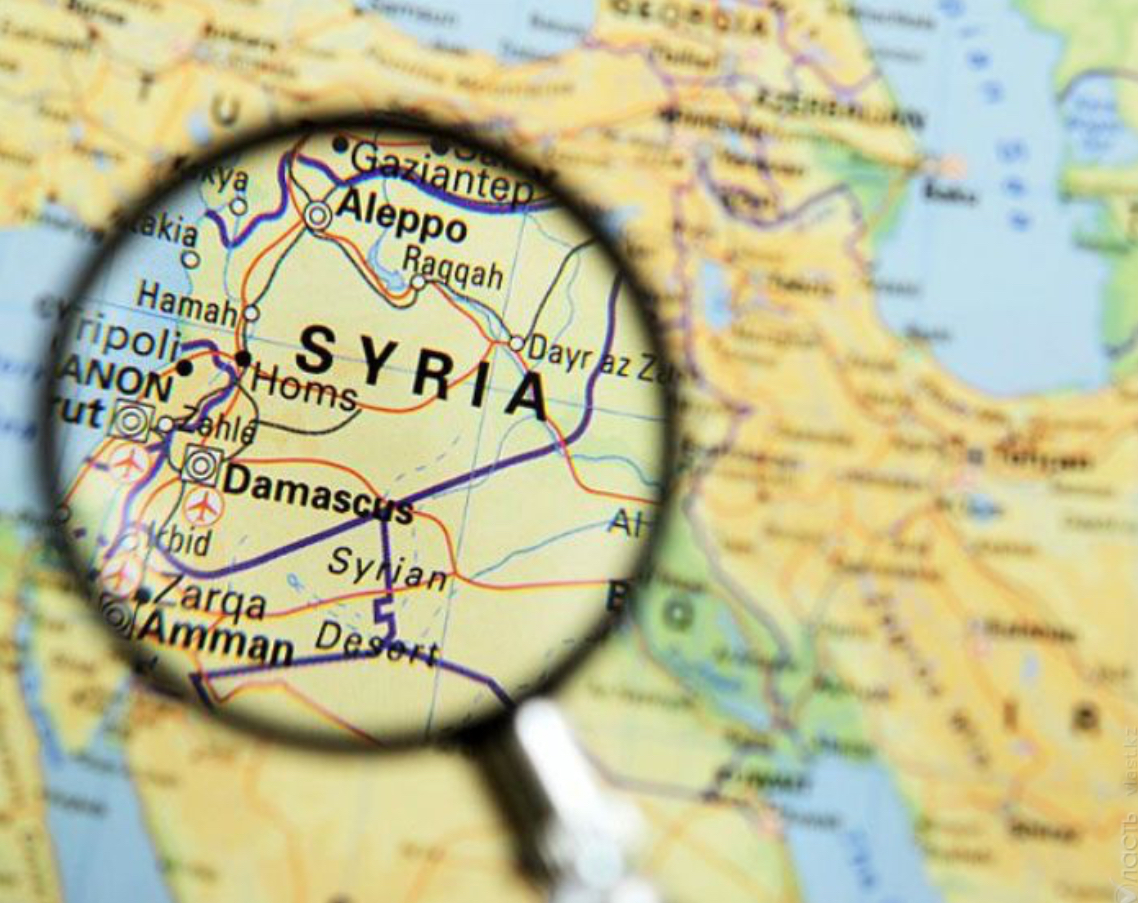
Let’s begin by examining the key powers involved in Syria and their respective interests.
Russia
The history of Russian-Syrian relations stretches back to the Cold War (1945-1991), when Syria, alongside Iraq, was a vital strategic ally for the Soviet Union in the Middle East. In 1971, the USSR established a naval presence at Syria’s Tartus port, and became Syria’s primary supplier of arms and military equipment. By the end of the 20th century, nearly 90% of Syria's military was equipped with Soviet-made weaponry.
Following the collapse of the Soviet Union in the early 1990s, Russia distanced itself from Syria, grappling with economic and internal challenges. However, the outbreak of Syria’s civil war in 2011 gave Russia an opportunity to reassert itself geopolitically in the region. Moscow’s primary objectives were to maintain its military presence in the Mediterranean, block gas pipeline projects through Syria to Europe, and ensure the survival of the Assad regime. At that time, Europe was a major consumer of Russian gas.
With the fall of the Assad regime now a possibility, Russia’s military base in Syria faces an uncertain future. If a new government demands the withdrawal of Russian forces, it would represent a significant blow to Russia’s presence in the Middle East, effectively marking its exit from the region.
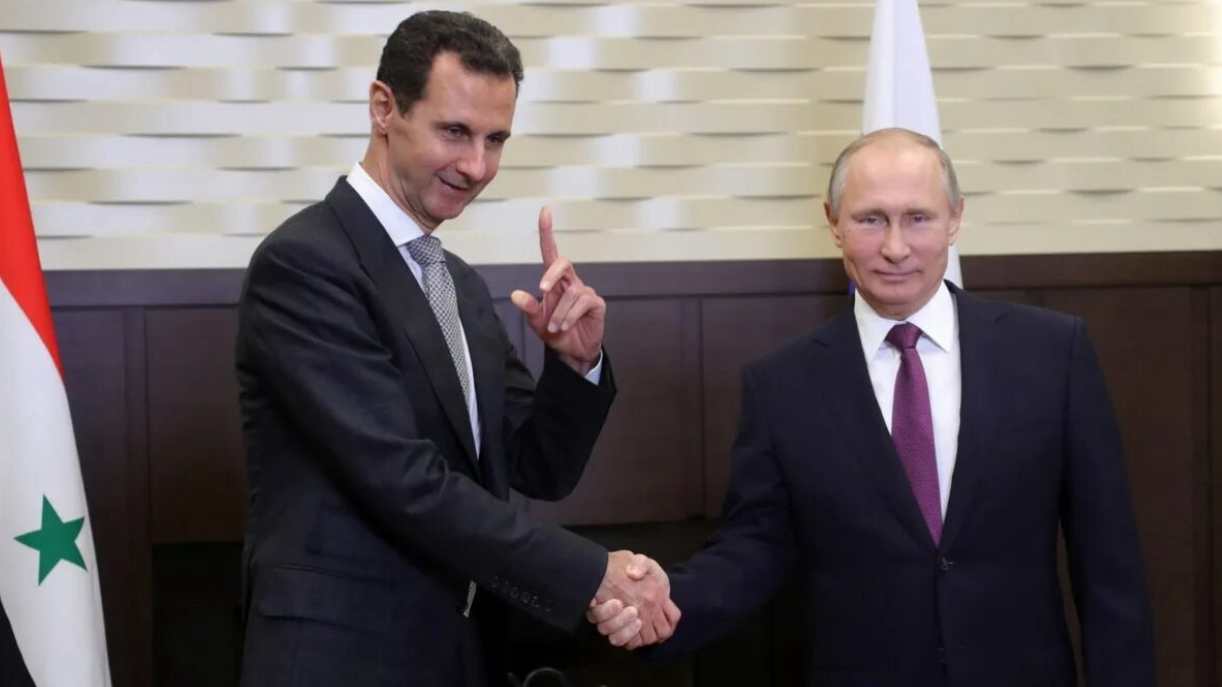
USA
The United States has consistently supported opposition forces in Syria, particularly Kurdish groups like the Syrian Democratic Forces (SDF). The primary aim of this support has been to counter the influence of Iran and Russia, both of which back the Assad regime, and to dismantle the so-called "Shiite Crescent" of influence in the region.
In partnership with Israel, the U.S. has crafted a foreign policy strategy for the Middle East known as the "New Middle East" concept. This strategy seeks to foster instability and conflict in the region, creating conditions of "creative chaos" that allow both nations to reshape the Middle East according to their geopolitical interests.
For example, in July of this year, Israeli Prime Minister Benjamin Netanyahu presented two maps at the United Nations, publicly identifying countries deemed adversarial to Israel. This act symbolized the ongoing implementation of the "New Middle East" concept by both the United States and Israel, signaling their intent to reshape the region’s political landscape.
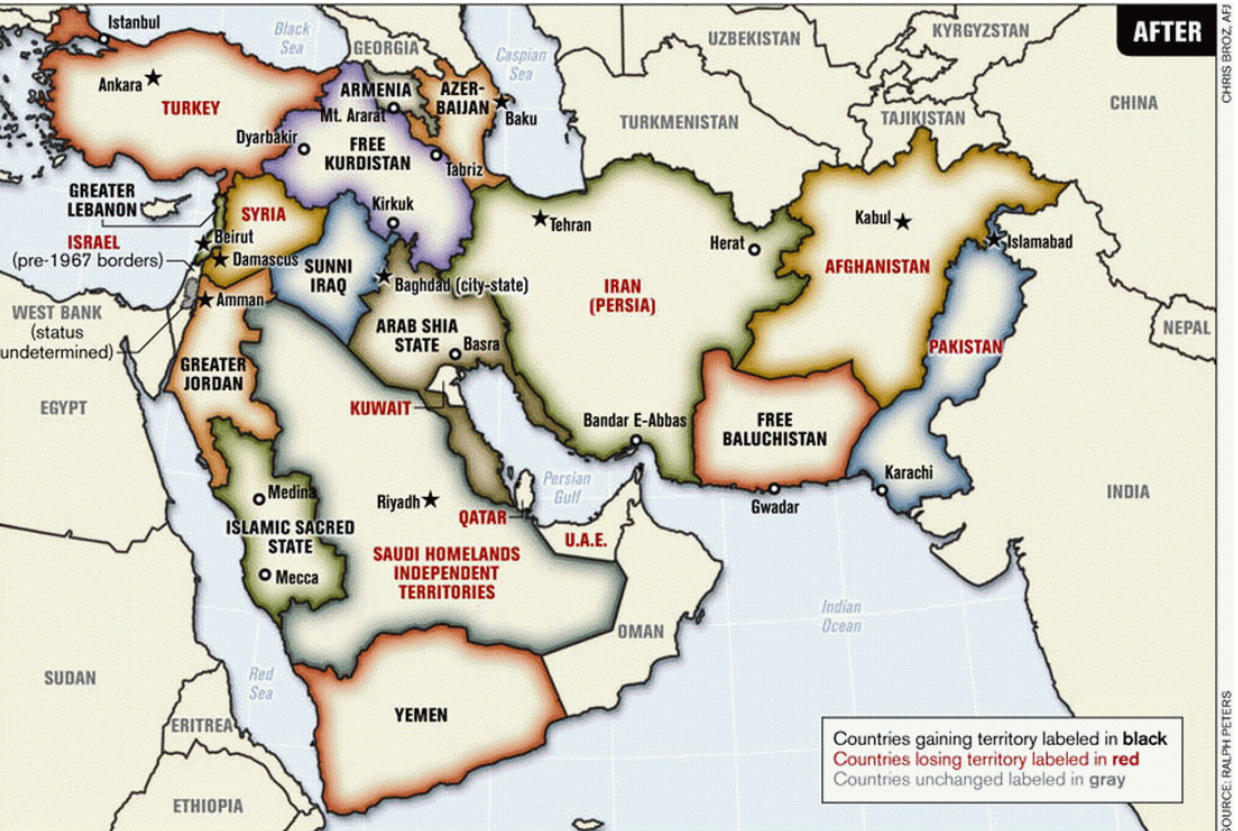
Iran
Iran is one of Bashar al-Assad's most steadfast allies, with their partnership rooted in growing political pressure from the United States over the past two decades. Since the outbreak of the Syrian crisis in 2011, this relationship has taken on a strategic dimension. Iran has sent various proxy groups to support Assad, including Hezbollah, the Iranian Islamic Revolutionary Guard Corps (IRGC), and its Al-Quds Force. Other Iranian-backed groups in Syria include:
- The Fatemiyoun Division, a militant group primarily composed of Shiite Muslims from Afghanistan, organized and supported by Iran.
- The Zainabiyoun Division, a militant group made up of Shiite Muslims from Pakistan.
- The Shabiha militia, a group closely aligned with the Syrian government.
- The Quds Force, an elite unit of the Iranian Revolutionary Guard Corps.
Between 2012 and 2018, Iran reportedly allocated $15mn to support these proxy forces.
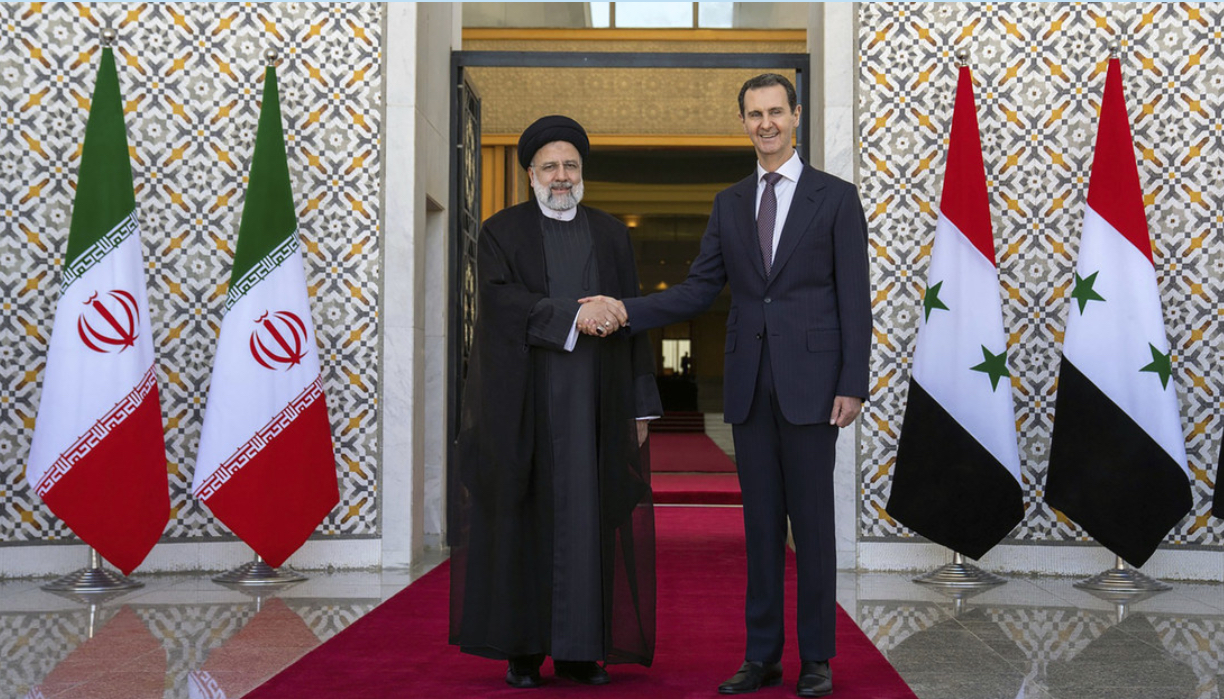
Political scientist Bektash Berdiev points out, "Today, the country that has become the largest ideological force in the Middle East is Iran. The U.S. government now realizes that its intervention in Iraq was a mistake, as Iran first influenced political forces in Iraq and then extended its reach into Syria. Iran uses military and financial means to control forces in Syria, ultimately creating a Shiite belt across the region."
This influence is evident in Israeli airstrikes, which have targeted Iranian military fortifications in Syria, with Israel openly stating that it hit positions set up by Iran.
When Masoud Pezeshkian assumed the presidency of Iran, he made efforts to restore the country's previously severed ties with Western nations, including the United States. Notably, Iran has refrained from responding to Israeli military strikes targeting Shiite groups in Lebanon and Syria. The potential collapse of the Assad regime would mark a significant setback for Iran, signaling a loss in its regional struggle.
A few months ago, Darya reported that Iran might scale back its reliance on existing Shiite proxy groups in the region, signaling a shift in its strategic approach.
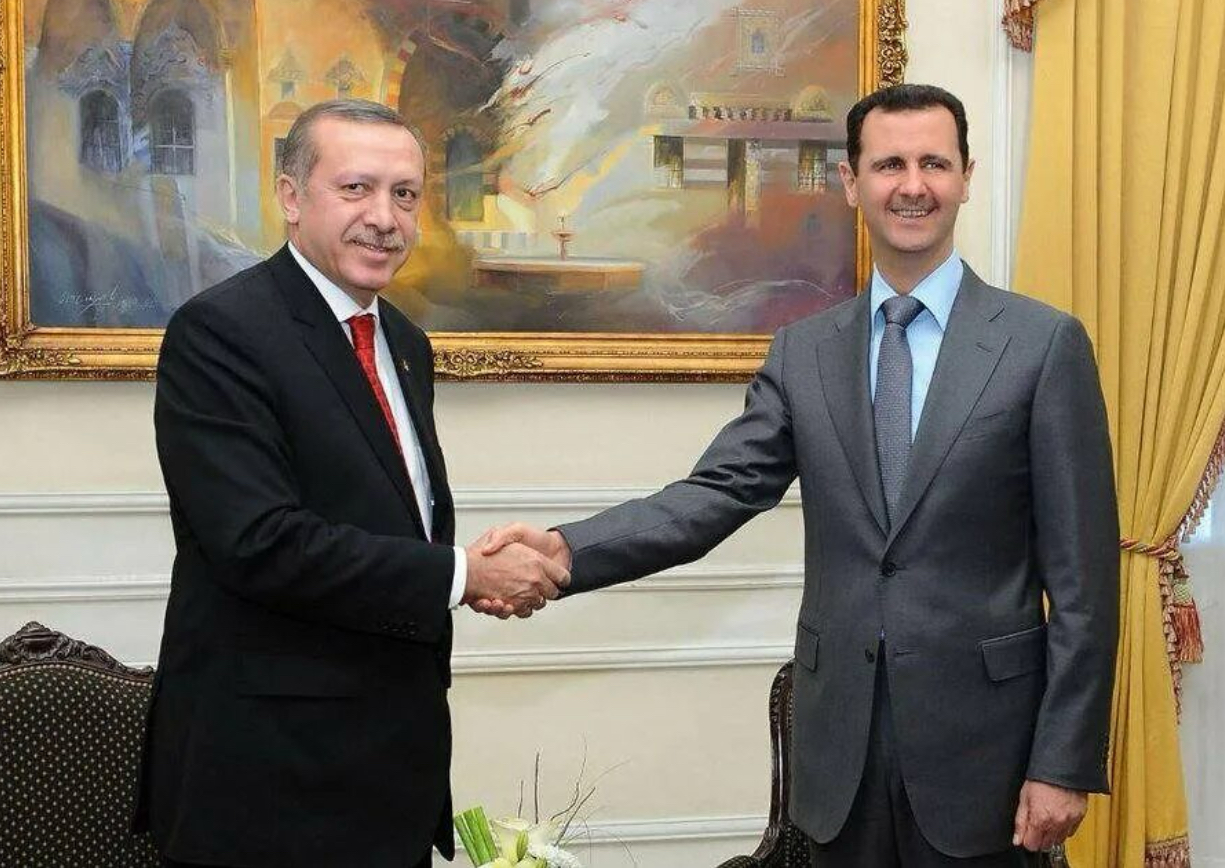
Turkey
Turkey plays a prominent role in the Syrian conflict, backing opposition forces, particularly Sunni groups, in their fight against Bashar al-Assad’s regime. A key concern for Turkey is combating Kurdish groups, such as the Kurdistan Workers' Party (PKK), which it designates as a terrorist organization. Turkey is also focused on curbing the influence of Syrian Kurds along its southern border.
One of Turkey's primary objectives is to establish a secure zone along its border with Syria. This would help limit the influence of Kurdish groups, strengthen its influence over the Syrian government, and maintain control over strategic regions in northern Syria.
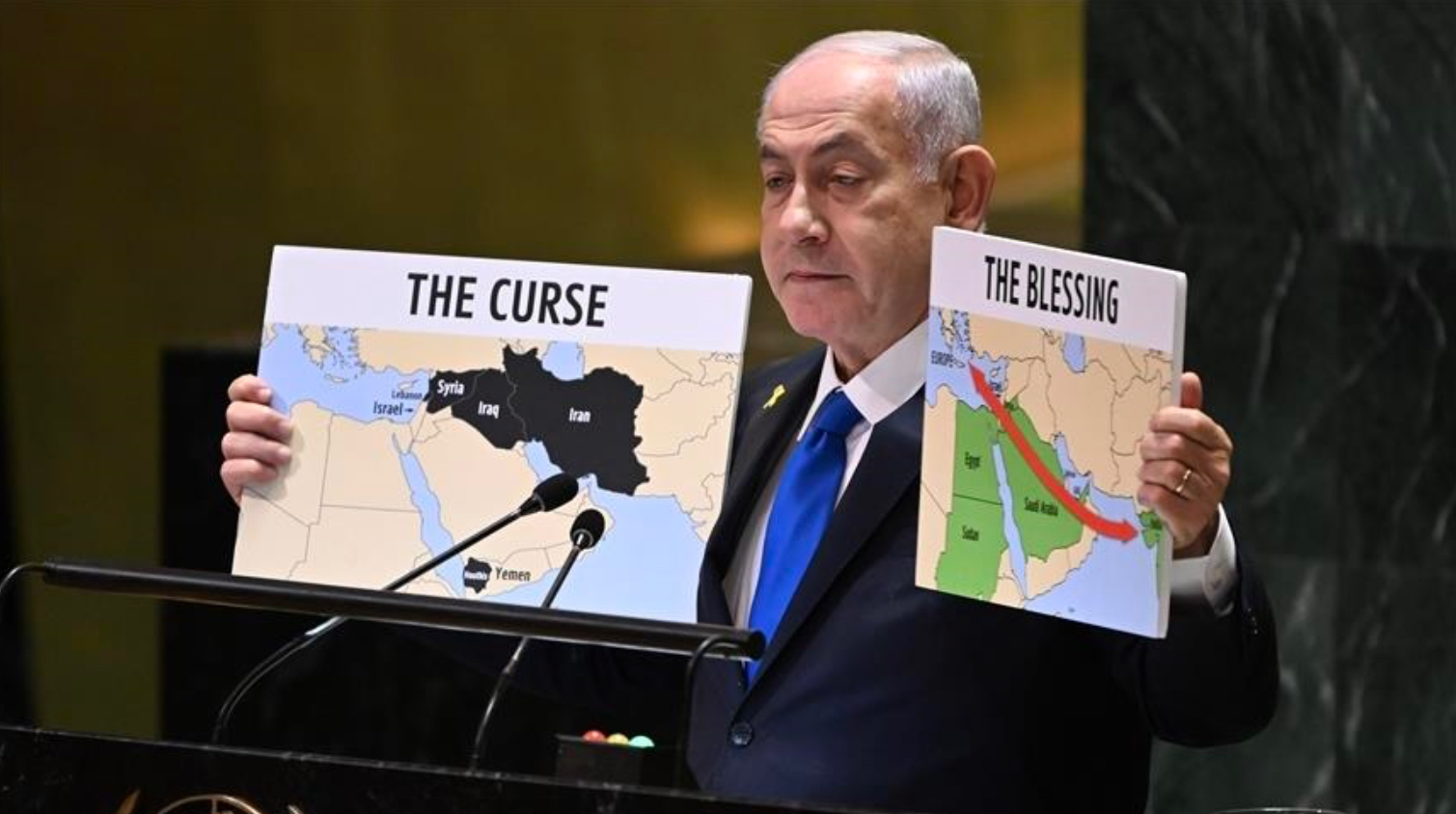
Israel
As a regional power, Israel is closely monitoring the situation in Syria, particularly the presence of Iranian military forces and Shiite groups aligned with them. Israel is also concerned about the emergence of forces in Syria that could pose a threat to its security. However, with the potential fall of the Assad regime, Israel appears to have successfully achieved its objective of diminishing Iranian influence in the region.
Journalist Gordon Duff argues that Israel's broader goal is to restore the Davidic kingdom (Greater Israel), thereby establishing a corridor connecting Mesopotamia to Palestine.
Political scientist Sukhrob Boronov asserts that the recent violent conflicts in the Middle East are largely driven by competition over oil and the critical corridors that transport it. He highlights that the United States, Israel, the United Kingdom, and several European nations are deeply invested in securing these routes. According to Boronov, Israel and its allies are working to implement the energy corridors which would stretch from the Golan Heights—located in southwest Syria and northeast Israel—into northern Iraq.
“The ongoing bloody conflicts in the Middle East revolve around oil and the key transport corridors,” Boronov explains. “It is no longer a secret that the U.S., Israel, the U.K., and most European countries have a vested interest in controlling these routes. As Winston Churchill famously stated, ‘A drop of oil is worth a drop of blood.’ The essence of today’s international struggle is that routes from Russia, through the Strait of Hormuz, the Suez Canal, or Africa, are not convenient for the West. That’s why they seek to create a more favorable energy corridor through 'Greater Israel.'”
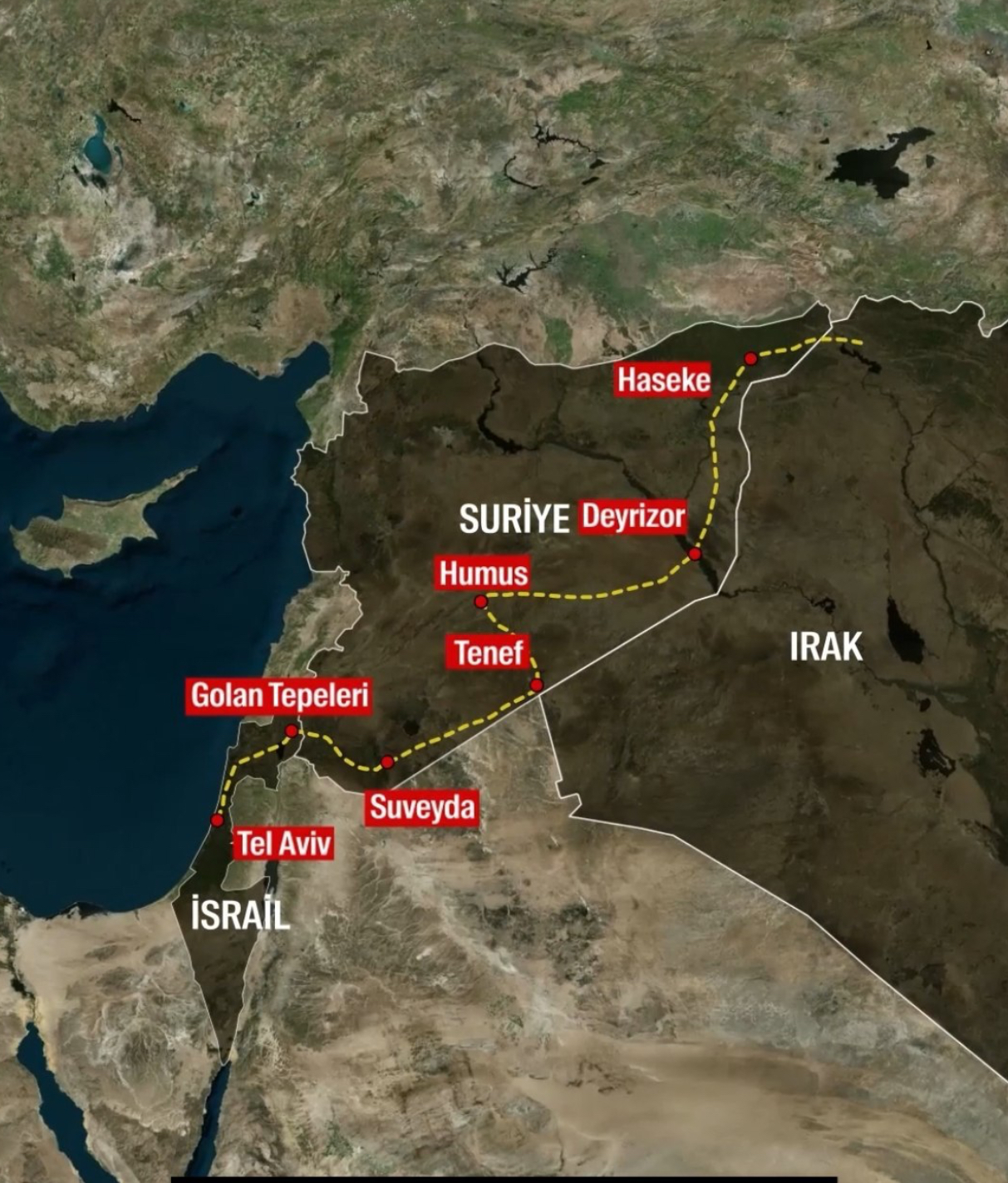
The recent capture of strategic cities like Aleppo and Halab by militant groups in Syria prompts a reevaluation of these events as part of Israel’s broader strategic vision for the future of the Middle East. The energy corridors, if realized, would link the Golan Heights to northern Iraq, securing an oil transport route vital for regional control and influence.
The Disintegration of Syria
Political scientist Habibullo Azimov, in a conversation with a Darya journalist, believes that Syria is on the brink of disintegration. However, he emphasizes that it remains unclear which powers will ultimately determine its future.
"The disintegration of Syria is inevitable, but whose interests will be served—whether those of the U.S. and Israel, or Turkey—is yet to be seen. Iran has lost this struggle," he states.
Over a decade of civil war has transformed Syria into a focal point where the geopolitical interests of multiple external powers collide. The various "players" mentioned earlier are indirectly influencing the situation, each seeking to advance their own strategic goals. The prospect of a new government and new states emerging in Syria is becoming increasingly likely. This evolving scenario aligns with the broader objectives of the "New Middle East" project, which, as previously outlined, is now being put into action. A new political chapter is unfolding in the Middle East.
Follow Daryo's official Instagram and Twitter pages to keep current on world news.
Comments (0)